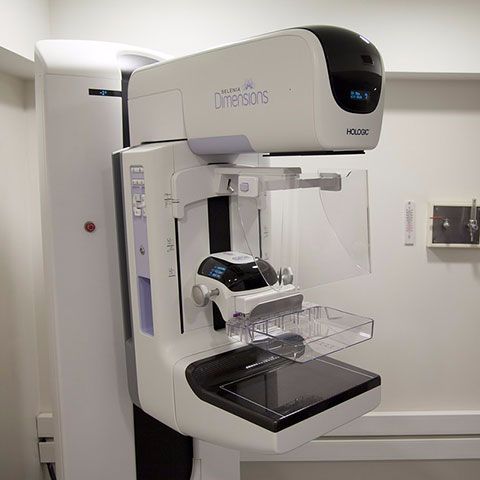The main news in this week’s round-up is that two “breakthrough” drugs to treat breast cancer have been given the green light by the NHS. The decision means that around 8000 people in England will now have access to this form of medication.
Elsewhere, a brain training computer game has been shown to help reduce the risk of dementia by almost a third in an American study. Researchers are hailing the computer game as the first invention of any kind to help reduce the risk of dementia.
This week’s news round-up ends with the upsetting story which suggests that more and more elderly people in the UK are skipping meals every day to avoid eating alone.
Breakthrough Breast Cancer Drugs
Two new “breakthrough” drugs that will help to treat breast cancer have been approved by the NHS. Both palbociclib, which has been rejected due to costs in the past, and ribociclib were given the green light following negotiations held over the cost of the treatments.
Research has shown that both drugs slow down breast cancer for at least 10 months and can delay the need for chemotherapy. The approval means that around 8000 people in England will now have access to the breast cancer medication.
The National Institute for Health and Care Excellence (NICE) say that women with oestrogen receptor-positive breast cancer, that is diagnosed after it has begun to spread will be eligible for palbociclib. Women who have gone through menopause will be eligible for ribociclib.
Both drugs are the first of a new type drug shown to slow down the progression of cancer by inhibiting two proteins known as CDK 4 and 6. Both drugs only need to be taken once a day, alongside an aromatase inhibitor which will block the production of the oestrogen hormone – which can fuel some forms of breast cancer.
Vikki Orvice, who was prescribed palbociclib for two years as part of a trial, told BBC Radio 4’s Today programme:
“It’s a life-changing drug for thousands of women and in years to come as well. “You get slight fatigue from it, but it was manageable and I was on the highest dose possible. No one looking at me would have known I was ill… you have a quality of life with so few side effects.”
There are currently around 45,000 new diagnoses of breast cancer in the UK each year.
Brain Training Game Reduces Dementia Risk
A brain training game has been shown to help reduce the risk of dementia by almost a third and is now being hailed by researchers. A 10-year controlled trial took place which included 2802 healthy adults in their 70’s and 80’s from six locations around the US and split them into four groups.
One group received regular sessions on the brain training computer game, the second received sessions on memory strategies, the third on reasoning strategies and the third group received none.
Compared to the group who received no sessions on the game, those who played it on a regular basis had on average a 29% lower risk of developing dementia. The game in question tested the speed and accuracy of people’s visual attention.
One saw players watch a truck driving down a road and have to quickly identify an object or target appearing at the edge of the screen. The game gradually speeds up and objects obstructed to increase difficulty.
Lead author Jerri Edwards, of the University of South Florida, said:
“When we examined the dose-response, we found that those who trained more received more protective benefit.”
The same test has previously been shown to reduce depression symptoms in the elderly and helped them to live independently.
More and More Elderly People are Eating Alone
We end this week’s article with the upsetting news that more and more elderly people in the UK are skipping meals in order to avoid eating alone. New research found that around 40% of people aged 70 and over find eating on their own to be lonely, and therefore decide not to eat at all.
Authorities have expressed their concern at this trend and are encouraging British families to offer a spare space at their dining tables for an elderly person in their community who would otherwise eat alone.
Cliff Rich, the acting CEO at Contact the Elderly, said on Metro:
“We know how important sharing a meal can be in helping to tackle the complex problem of social isolation in older people. Our guests that attended Spare Chair Sunday lunches last time thoroughly enjoyed their experience and outings such as these can make a huge impact on the life of someone who might otherwise struggle to get out of the house. ‘Last time the Spare Chair Sunday campaign led to around 1,800 older people being able to share a meal with new friends.”
Mr Rich was talking about Bisto’s Spare Chair Sunday scheme, which urged Brits to share a home-cooked meal with lonely elderly people. More than 39% of elderly people in the UK only get to enjoy a meal with friends and family meal once a month or less.
If you’re looking for a Telecare Alarm and need further information please visit our Contact Us page or give our team a call for free on 0800 635 7000 today.




